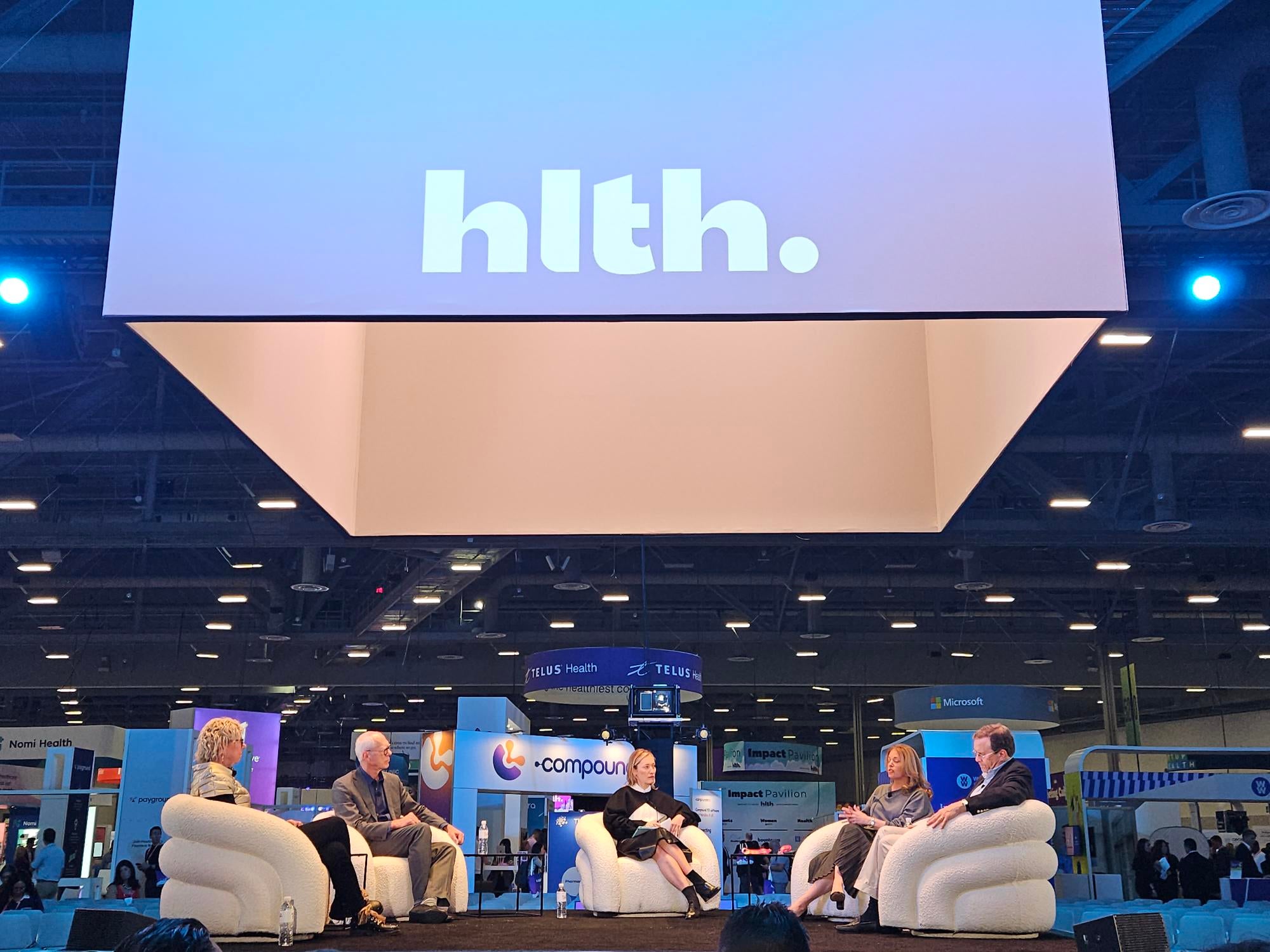<!–
–>

As the prevalence of neurodegenerative diseases rapidly rises, researchers at the ongoing HLTH 2023 conference highlighted how biomarker development is urgently needed for treatment breakthroughs to occur.
In the United States, as many as 6.2 million people may have Alzheimer’s disease, according to a 2022 report from the Alzheimer’s Disease Association and nearly one million Americans are living with Parkinson’s disease.
Despite advances in biomarker research for Alzheimer’s disease, Jamie Eberling, Senior Vice President, Research Resources at the Michael J. Fox Foundation, said progress across the neurodegenerative disease space is limited until biomarkers are identified for all pathologies.
“When I think about Parkinson’s disease, I think about it in the context of all these other neurodegenerative conditions such as Alzheimer’s disease, Lewy body disease and Huntington’s disease, where the common feature is misfolded proteins in the brain,” explained Eberling.
“There’s a lot of mixed pathology and so understanding all the pathologies and how they contribute to different clinical phenotypes is extremely important in how we treat patients and how we develop new drugs. We must recognise that the key to making progress is focusing on developing better biomarkers.”
Positron emission tomography (PET) imaging has been game changing in Alzheimer’s disease treatment, but researchers are yet to develop a PET marker for alpha synuclein or TAR DNA-binding protein 43 (TDP 43) – a key biomarker in detecting Parkinson’s disease.
Access the most comprehensive Company Profiles on the market, powered by GlobalData. Save hours of research. Gain competitive edge.

Thank you!
Your download email will arrive shortly
We are confident about the unique quality of our Company Profiles. However, we want you to make the most beneficial decision for your business, so we offer a free sample that you can download by submitting the below form
By GlobalData
“The biomarker for alpha synuclein is exciting and we can measure it from cerebrospinal fluid with very high accuracy to detect Parkinson’s, but people don’t like to get spinal taps understandably,” said Eberling. “The next step is developing a reliable test that will also work in blood.”
Eberling said researchers are hoping that the development of blood-based biomarker tests can one day lead to a neurodegenerative panel that could be used to test individuals on a regular basis and understand what’s going on in their brain. “Hopefully we can identify changes before symptoms even start and then begin preventative treatment,” she said.
The influence of AI
As biomedical research of neurodegenerative diseases expands, the HLTH panel agreed that artificial intelligence (AI) will be increasingly used to uncover new insights from data.
“AI is going to be hugely impactful to be able to analyse data in ways that we haven’t been able to before and I think that will lead to new discoveries,” said Eberling.
However, Mark Mintun, Group Vice President-Neuroscience R&D, President Avid Radiopharmaceuticals at Eli Lilly and Company said a sense of urgency is sorely needed across the healthcare ecosystem to advance the neurodegenerative disease space.
“We often hear people say – ‘What’s the point of diagnosis? There’s nothing we can do about these diseases’. But we must shift from this pessimism of not caring and become very focused. The earlier we catch it, the better we can slow the disease and that seems to be what the evidence is telling us.”
- SEO Powered Content & PR Distribution. Get Amplified Today.
- PlatoData.Network Vertical Generative Ai. Empower Yourself. Access Here.
- PlatoAiStream. Web3 Intelligence. Knowledge Amplified. Access Here.
- PlatoESG. Carbon, CleanTech, Energy, Environment, Solar, Waste Management. Access Here.
- PlatoHealth. Biotech and Clinical Trials Intelligence. Access Here.
- Source: https://www.medicaldevice-network.com/news/hlth-2023-urgency-needed-to-address-neurodegenerative-disease-space/



